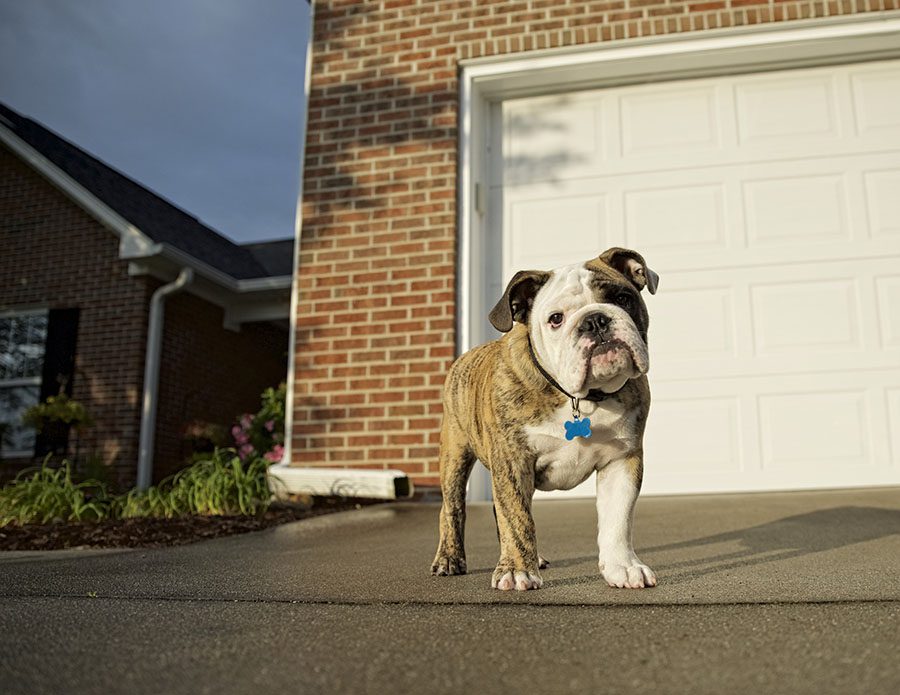My Pet Ingested Antifreeze, Now What?
During the colder months of the year, one of the most common cases that veterinarians see in hospitals across the country are pets who have ingested antifreeze. Dogs are most commonly found to ingest the fluid – it tastes sweet to them and they may have access to it on the ground or garage floor. Although dogs are more commonly known to ingest the fluid, cats are very susceptible. Even a small lick from the bottom of their feet will cause severe intoxication.
Common antifreeze contains ethylene glycol which is very poisonous. Even the smallest amounts of this liquid can be fatal to our pets. Studies show that a teaspoon for cats and a tablespoon for small dogs can cause kidney failure and even death.
We understand that accidents happen. In this article you will learn some signs to watch for and steps to follow in order to get your pet the help that he/she needs.
How Do I Know if My Pet Ingested Antifreeze?
Sometimes it may be difficult to keep a watchful eye on your pet 24/7. We know that they can get into things in a blink of an eye. So, how would you even know if you pet had ingested antifreeze? One of the first signs that you can look for is if you pet is acting lethargic. They may seem like they are in a depressive state. They may also stagger when they are walking, and appear drunk.
Other signs of antifreeze ingestion may include drinking excessive amounts of water or vomiting. If you notice any of these things, please call you veterinarian right away. They will direct you on what to do next in order to save your pet’s life.
How Will My Vet Help My Pet?
So, how can your vet help your pet if he/she ingested antifreeze? Treatment for antifreeze ingestion can begin with activated charcoal to reduce absorbtion. Other treatments may include intravenous fluid administration, administration of IV alcohol, diuretics to increase urine flow, and if available dialysis. In severe cases, your pet may be referred to the critical care unit for observation and treatment. .
How Can I Prevent Antifreeze Ingestion?
The most common reason for antifreeze ingestion is from a car leaking fluids. Be sure to keep your garage and driveways clean and free of this fluid. Keep an eye on your car to make sure that it isn’t leaking – especially if your pet has access to the space. Another option would be to switch to a more pet-friendly antifreeze that contains propylene glycol. Although it can still be toxic in larger doses, it’s a lot safer than common antifreeze.
For more ways to keep your pets safe during the winter months, click here.

